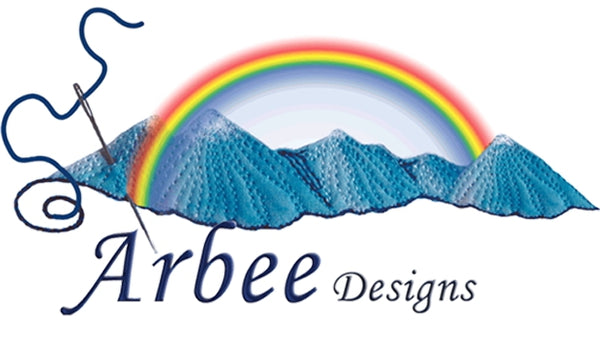I don't know about you, but I always like to have something handy to grab when I'm heading out whether that is to a day's outing, or sitting waiting somewhere for an appointment. Hand craft projects also make great conversation starters too! So today, being close to Christmas, I thought I'd share Anita's English paper piecing ornaments. She has a variety of decorations (different shapes) and has come up with some quick easy methods.
Here's what is needed
- Templates (download here)
- Scissors
- Pasteboard, poster board, or Manila folder
- Thread
- Fabric: small amounts
- Optional: fabric glue or transfer web
- Cube: 6
- Pyramid: 1 square for bottom, 4 triangles
- Pentagon: 12 pentagons, either the attached sets or individual pieces
About the Fabric
Fabric small scraps of Christmas fabrics or fancy fabrics such as satin, silk, or brocades. Cottons are the easiest to work with, but satins and silks makes lovely ornaments as well. If you use those fabrics it is best to take an extra step and use fabric glue to seal the edges so they do not unravel as you handle the fabrics.
Preparing the Pieces
First print out the pattern. Glue it to poster board, a Manila folder, or even cardboard from something light like a cereal box.

Or you may trace it onto the card and skip the gluing step, however if doing the joined pieces the guidelines are helpful for scoring the card when folding it into shape.
For Transfer Web
Trace the shape onto transfer web. Cut about 1/4" wider all around.

Transfer the web to back of fabric. Cut out each piece leaving approximately 1/4" all around for seam allowance.

Position the fabric with the transfer web on the card.
Press between two Teflon sheets - you can use baking paper or parchment paper if you don't have a Teflon sheet.

When cool, clip the inside curves and trim the outside points.


Turn the fabric over the edges and press into position but do not pull completely tight. You need just a smidgen of fabric (a few threads) to catch with your needle. Otherwise you will be sewing through the card which is difficult.
Tip: If pressing the edges with transfer web makes the fabric too tight, try putting transfer web on the card instead of the fabric.
For Glueing
Fabric may also be attached to the card with fabric glue however it is best used only to fold the fabric over the edges and NOT on the whole side that is visible as glue can sometimes stain the fabric if it is not applied thinly enough.
A glue stick may be used to hold the fabric in position as this is less likely to
show through. I tried the glue stick with fine silk and it worked well for that.

Remember: if you are using fabric that frays easily such as a brocade, it would be a good idea to seal the edges of the fabrics with Fray Check, Liquid Stitch or something similar to make the fabric easier to handle. You could also consider making a wider seam perhaps 3/8’s inch.
Tip: Keep a damp towel handy to wipe the Fray Check or other glues off your fingers.
Alternative Method
Another way to prepare the pieces is to fold the fabric around the piece and baste it in place. Clip the corners to reduce the bulk at the corners.
IMPORTANT: It helps if the fabric is slightly loose where it turns over the edge of the card. If it is too tight it is more difficult to stitch the pieces together as you will be stitching into the card as well as the fabric.

Stitching the Pieces
Before Starting
I prefer using silk or a very fine thread for this to make the whip stitching less
visible. Using a somewhat short thread is easier as there are many points to catch the thread. Also, waxing the thread or using Thread Heaven helps to keep the thread from tangling as you stitch.
For the joined pentagon section, score between the lines so that the pattern folds easily. I used a burnishing bone, but a dried out ballpoint pen or tracing wheel can also work.

Then fold into shape.

Stitching
Stitch two shapes together using a whip stitch. Continue by adding the next section until the shape is complete.

Joined Pentagon
For the joined pentagon, stitch the two ends together first...

then add top and bottom pieces.

Pyramid
The four triangles are attached to the square first. It seemed easier to sew the sections together from the back side.

Then fold the pieces upwards and stitched from the front side.

Finishing & Embellishments
Attach a ribbon hanger or sew a hanging loop or hook to the top of the ornaments.
Tassels or beads, and various trims can be added as embellishments.







